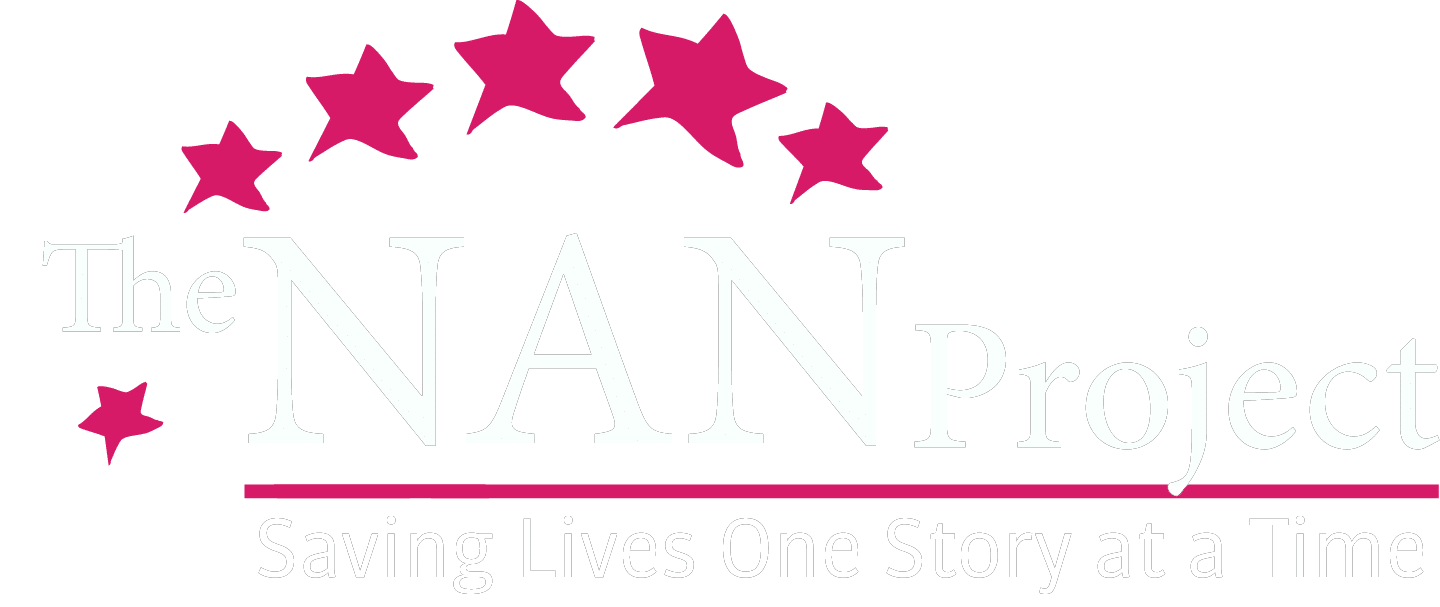Domestic Violence Awareness Month
Domestic Violence Awareness Month

Domestic Violence Awareness Month is October and it can greatly impact a person’s mental health. Not only do the victims of domestic violence experience significant mental health repercussions, but so do those who have witnessed it. Domestic violence can happen to anyone of any age, gender, race, or socioeconomic status.
Domestic violence (DV) is when there is physical violence, sexual violence, or psychological aggression by a partner and when there is a pattern of stalking by a partner or someone close in a relationship. Although those are the official types of domestic violence, really anything within a relationship that causes one to feel unsafe, hurt, or fearful can be classified as DV.
DV is linked to an increased risk of posttraumatic stress disorder, depression, and suicide across those who have experienced it. In addition, those who have witnessed or been exposed to DV are at increased risks for stress, fear, and isolation, which can lead to depression.
Since DV does not discriminate, children and teens who are experiencing or witnessing DV are at a greater risk to struggle with mental health. Some repercussions for children and teens involved somehow with DV are:
- Substance abuse
- Emotional numbing
- Anger
- Sleep Issues
- Antisocial behavior
- Self harm
- Eating disorders
- Withdrawn
- Difficulties at school
- Risk taking behavior
- Running away
Educating youth about bodily autonomy is one of the key ways to help a child or teen that may be experiencing or witnessing DV. Showing a child or teen that you are a trusted adult and someone they can talk to is the next most helpful way you can impact them. Listening and supporting a child or teen with acceptance can help them to feel more able and willing to open up and take action in the situation.
Some resources for a teen or child experiencing or witnessing DV are:
Text: LOVEIS to 22522
Tel: 18663319474 
